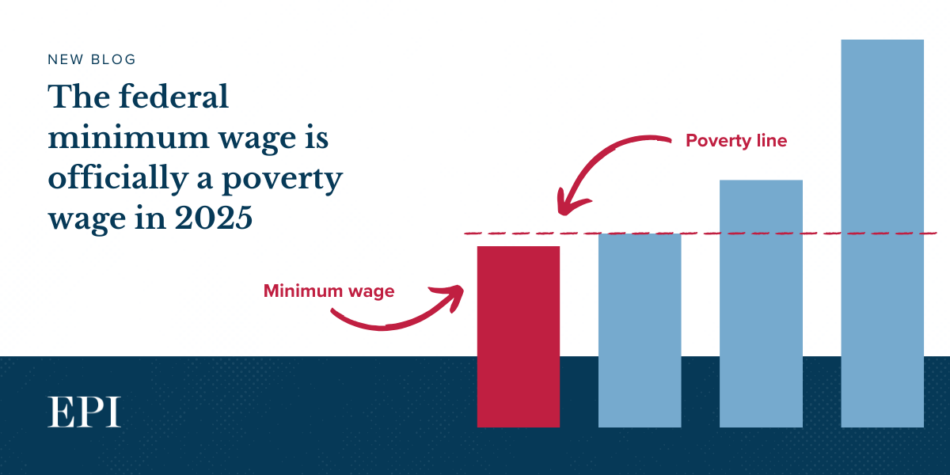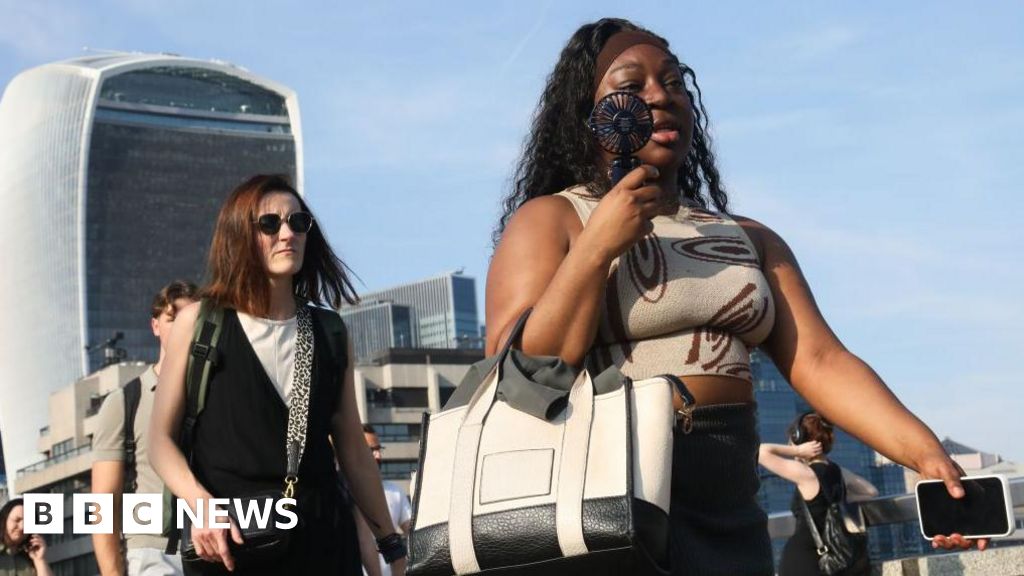Trump Discusses Immigration Policy in Exclusive ABC Interview Celebrating 100 Days in Office

In a significant exclusive interview with ABC News, President Donald J. Trump marked his first 100 days in office on April 29, 2025. The interview was conducted by Anchor and Senior National Correspondent Terry Moran in the iconic Oval Office, a setting that has housed presidential decisions for centuries.
During the conversation, President Trump addressed the contentious case of Kilmar Abrego Garcia, a Maryland man whose deportation to El Salvador his administration claims was a mistake. The matter has drawn considerable attention given its implications for immigration policy and legal precedent.
As the interview unfolded, Moran posed a critical question regarding the Supreme Court's recent ruling that mandates Garcia's return to the United States. Now the Supreme Court has upheld an order that you must return him to thefacilitate his return to the United States. What are you doing to comply? Moran asked. This question highlights the tension between the judicial system and executive power, particularly in matters of immigration.
President Trump responded by deflecting responsibility, suggesting that the attorney who labeled Garcias deportation as a mistake was not part of his administration and thus should not have made such a statement. Well, the lawyer that said it was a mistake was here a long time, was not appointed by usshould not have said that, Trump argued. The president went on to describe Garcia as a member of the notorious MS-13 gang, stating emphatically that he was not an innocent, wonderful gentleman from Maryland. However, Garcias legal team has consistently countered this claim, asserting that he has never been charged with or convicted of any crime.
The dialogue between Trump and Moran took on a more intense tone as Moran reiterated the importance of adhering to the law. I'm not saying he's a good guy. It's about the rule of law. The order from the Supreme Court stands, sir, he pointedly reminded the president.
In response, Trump maintained his stance, asserting that Garcia came into our country illegally. This statement echoes a central theme of Trumps administration: a strict enforcement of immigration laws.
Moran then suggested that Trump has the authority to resolve the situation directly, pointing to the phone on the Resolute Desk. You could get him back. There's a phone on this desk, Moran noted, emphasizing the power of the presidency in such matters.
Trump acknowledged this, saying, I could, but seemed to hesitate in taking direct action. Moran was quick to elaborate on the implications of presidential power, stating, With allthe power of the presidency, you could call up the president of El Salvador and say, Send him back right now. This exchange highlighted the complex dynamics of international diplomacy in immigration cases.
The president responded somewhat evasively, implying that he was not solely responsible for the decision-making process. And if he were the gentleman that you say he is, I would do that, Trump remarked, before shifting responsibility away from himself, saying, I'm not the one making this decision.
In a pointed reminder of his role, Moran asserted, Youre the president, prompting Trump to elaborate, Iffollow the law. You want me to follow the law. If I were the president that just wanted to do anything, Id probably keep him right where he is. This statement underscores the ongoing debate regarding the interpretation of law versus the exercise of executive power.
Finally, Trump shifted his focus to the broader issue of immigration policy, noting that he was elected to take care of a problem stemming from what he termed an unforced error that was made by a very incompetent man, seemingly referencing his predecessor, President Joe Biden. This remark reflects the contentious political climate surrounding immigration and the ongoing divide between differing political ideologies.
























